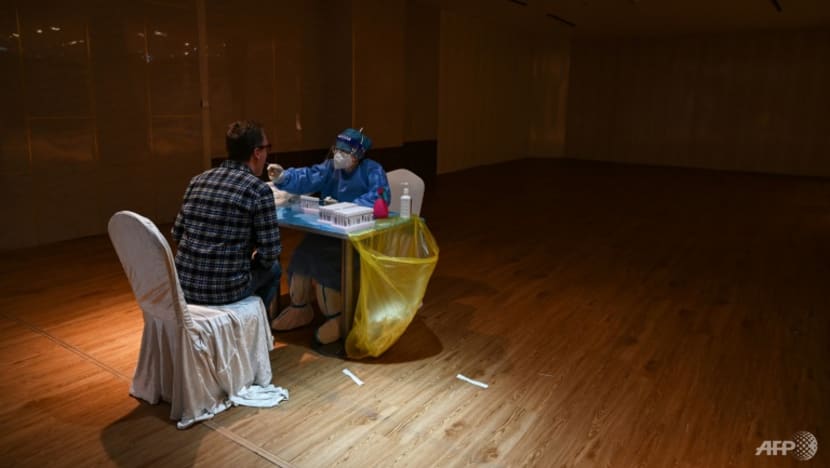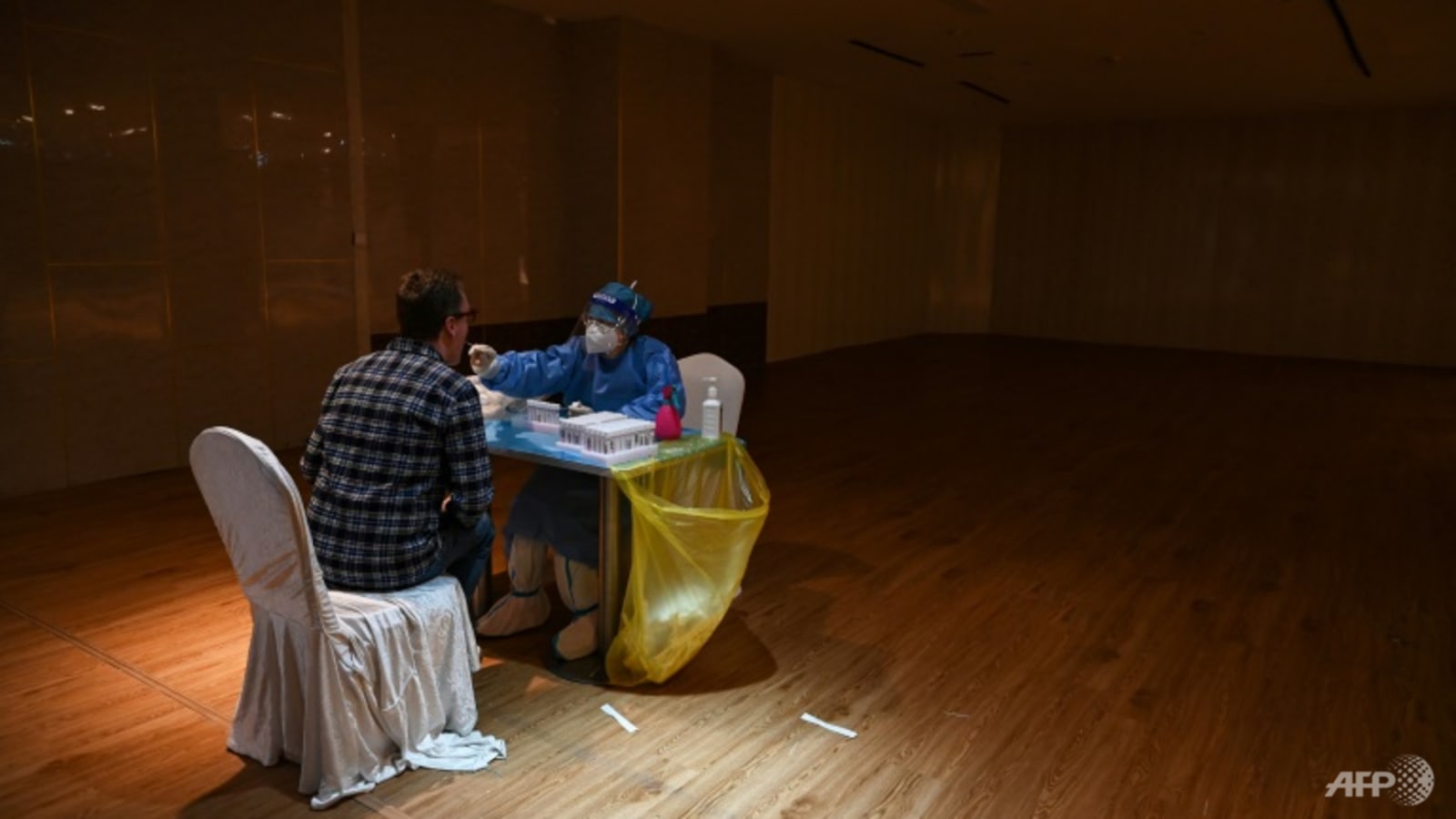Advertisement

China has refused to greenlight mRNA-based vaccines from foreign firms Pfizer-BioNTech and Moderna for public use (Photo: AFP/File/GREG BAKER)
22 Mar 2023 05:54PM (Updated: 22 Mar 2023 05:54PM)
BEIJING: China has approved its first locally developed messenger RNA (mRNA) vaccine against COVID-19, its manufacturer said Wednesday (Mar 22), months after the relaxation of strict zero-COVID regulations sparked a surge in cases.
The vaccine, developed by CSPC Pharmaceutical Group Ltd, has been approved for “emergency use” by Beijing’s health regulator, the company said in a statement.
It showed high efficacy in a trial in which it was used as a booster shot for people who have been given other types of vaccines, the company added.
According to CSPC, a study of 4,000 participants from Dec 10 to Jan 18, when China was going through a surge in infections, the vaccine showed an efficacy of 85.3 per cent 14 to 28 days after a booster vaccination.
The company did not say how many doses it plans to produce.
mRNA vaccines are considered among the most effective in reducing severe infections and deaths.
While traditional vaccines use a weakened or inactivated germ to prepare the body for a future attack from the real virus, mRNA deploys snippets of genetic material that carry instructions showing the body’s cells how to produce a protein – in this case, the spike protein on the coronavirus that causes COVID-19.
The body’s immune system then triggers antibodies to fight off that spike protein, making it ready for when the real coronavirus comes knocking.
Beijing has refused to greenlight mRNA-based vaccines from foreign firms Pfizer-BioNTech and Moderna for public use.
Its vaccination shortfall was widely believed to have led to more severe infections and deaths after lockdowns and mandatory quarantine rules were suddenly dropped in December.
Other Chinese drugmakers including CanSino have previously said they were developing mRNA-based shots to help the country bridge its immunisation gap.

